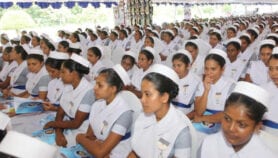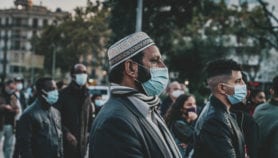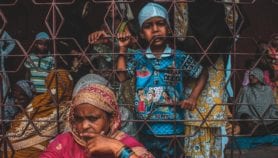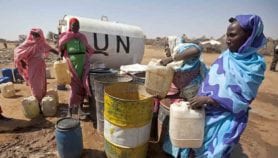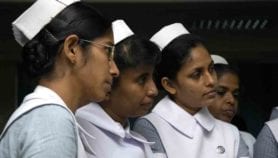By: Jan Piotrowski
Send to a friend
The details you provide on this page will not be used to send unsolicited email, and will not be sold to a 3rd party. See privacy policy.
Official UN recognition of migration's important role in development is a positive step towards the issue being integrated into the next set of global development goals after 2015, says the UN special rapporteur on the human rights of migrants.
The declaration was adopted at the end of the UN High Level Dialogue on Migration and Development in New York, United States, earlier this month (3-4 October). Nonetheless, special rapporteur François Crépeau, believes it only confirms what the development community already knows, and will do little to reverse the political apathy that remains the biggest challenge to overcoming the dearth of migration data and to making progress.
But the meeting marked a departure from nations' traditional reluctance to discuss migration at the UN level, Crépeau tells SciDev.Net.
"The High Level Dialogue confirmed that states are ready to include migration in the post-2015 agenda and acknowledge that development goes hand in hand with human rights and migration," he says.
The non-binding five-page document recognises migration's important role in achieving the Millennium Development Goals (MDGs), the need to integrate the issue with development, as well as to create effective partnerships with all stakeholders at the regional and global levels.
“The High Level Dialogue confirmed that states are ready to include migration in the post-2015 agenda and acknowledge that development goes hand in hand with human rights and migration.”
François Crépeau, United Nations Human Rights
Discussions on these issues have been going on behind the scenes for years through bodies such as the UN's Global Forum on Migration and Development, says Crépeau, but the declaration now paves the way for engagement through more official channels and gives migration a firm platform during negotiations on the Sustainable Development Goals that are set to succeed the MDGs.
The document also calls for better data on migration to help policy design — a key demand of a report published in September by the International Organization for Migration (IOM), an intergovernmental body.
Despite the stated new official support for closing the migration data gap, there is "little appetite for change" within policy circles, where the collection of precise statistics has traditionally been opposed, says Crépeau.
"In domestic politics, it is very convenient not to have precise data because then you are not accountable for changes in migration," he adds.
Karoline Popp, an IOM migration policy officer, views the declaration and the High Level Dialogue — only the second time in the General Assembly's history that migration and development have been broached at such a high level — as a mark of the growing international status of migration issues.
Strengthening the dialogue between states is important, but the best way to force governments to implement better domestic policies, in particular on data collection, is for migration organisations to engage with the wider public, she says.
"For many years, we have worked to get governments to talk to each other, but the public realm has been left to myth-making and misinformation on migration," she tells SciDev.Net.
"We need to open a dialogue with the general public."






